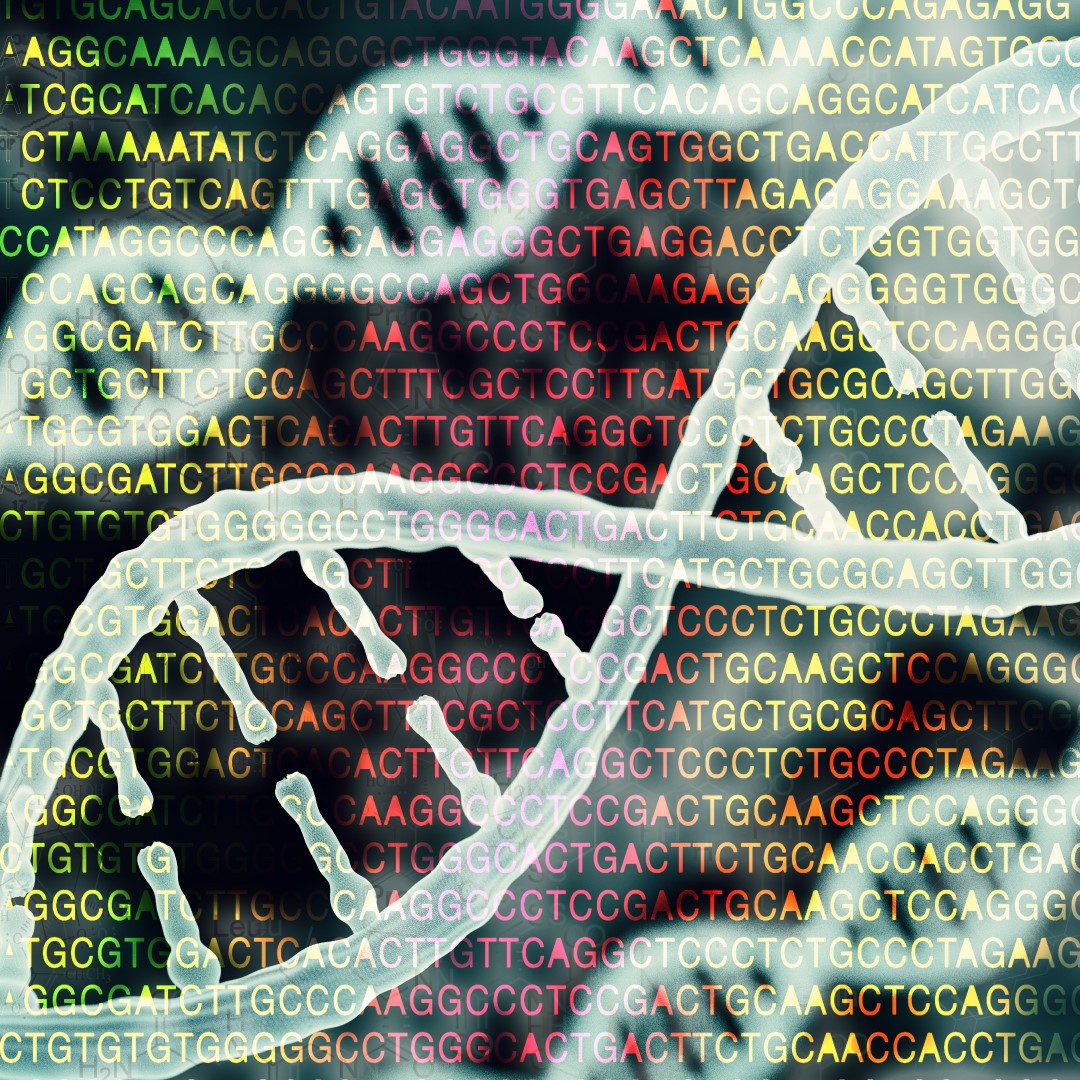
Yale scientists recode the genome for programmable synthetic proteins
On Feb. 6, 2025, a team of synthetic biologists from Yale University announced they have re-written the genetic code of an organism using a novel cellular platform for producing new classes of synthetic proteins.
The team members were able to re-write the genetic code of a novel genomically recoded organism (GRO) with one stop codon — using a cellular platform that they developed enabling the production of new classes of synthetic proteins. These synthetic proteins, researchers say, offer the promise of innumerable medical and industrial applications that can benefit society and human health.
A codon is a sequence of three nucleotides in DNA or RNA that codes for a specific amino acid, which serve as the biochemical building blocks for proteins.
The creation of the landmark GRO, known as “Ochre” — which fully compresses redundant, or “degenerate” codons, into a single codon — was described in a new study published in the journal Nature.
Tags:
Source: Yale University
Credit:
